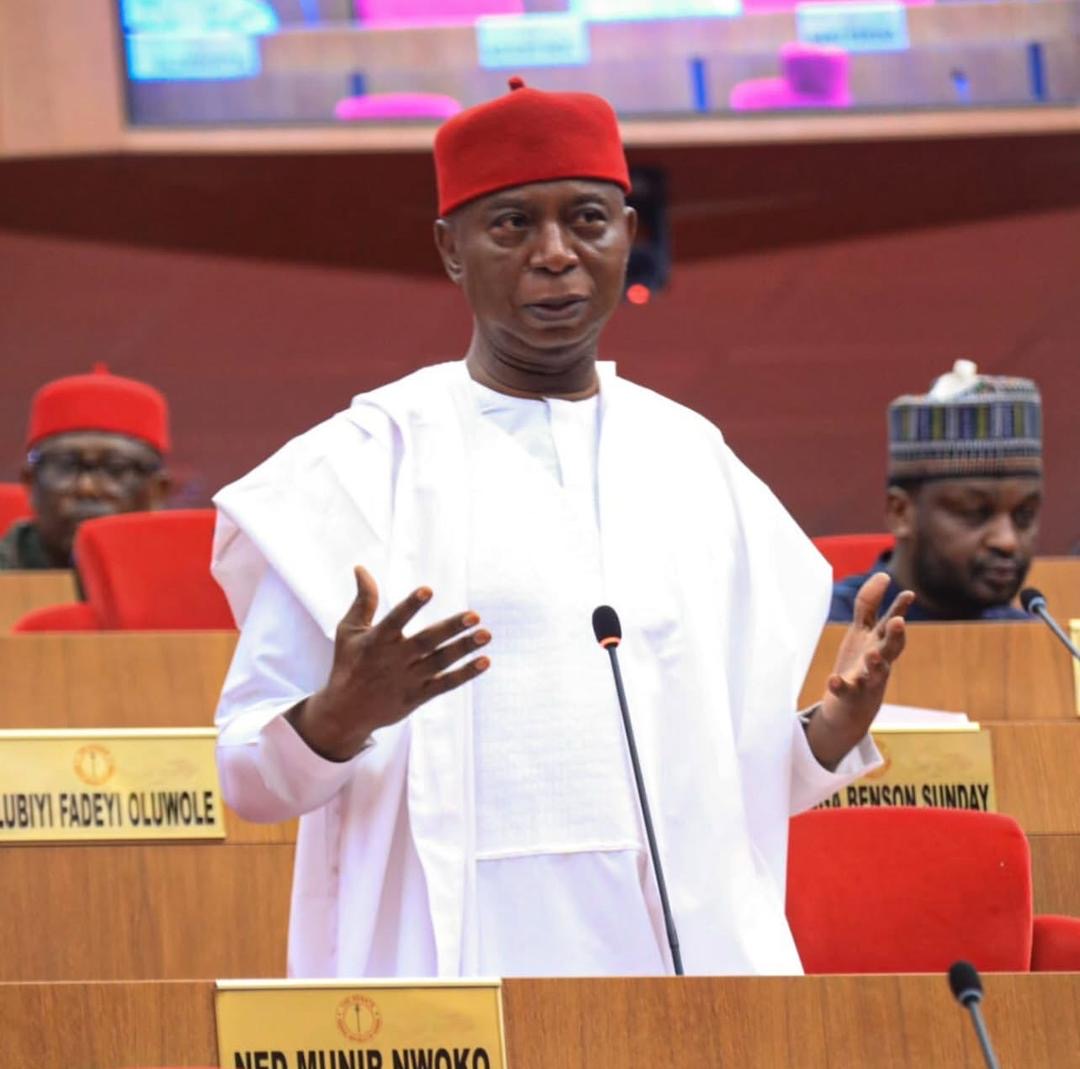In a recent statement, Chief Okoi Obono-Obla, Esq a Croas Riverian, a prominent figure in Nigerian politics, has ignited a debate surrounding the judiciary’s authority to remove elected officials. Citing instances where the Supreme Court of Nigeria (S.C.N) played a decisive role in gubernatorial and legislative outcomes, Obono-Obla calls for a reconsideration of the current state of the Electoral Act.
The statement highlights key cases, such as the 2019 decision in Bayelsa State, where the S.C.N declared Duoye Diri as Governor despite the initial victory of David Lyon from the APC. The controversial removal of elected officials in Zamfara in the same year, with PDP members replacing APC representatives, adds to the argument.
Obono-Obla urges a consistent approach, emphasizing that if elected officials from the ruling party can be removed by the judiciary, the same should apply to opposition figures. The call to repeal the portion of the Electoral Act granting the judiciary this power aims to eliminate perceived biases and ensure a fair and uniform process.
The debate raises questions about the separation of powers and the delicate balance between the judiciary and the electoral process. As discussions unfold, advocates for change argue for a system that upholds justice without creating room for political manipulation. The statement concludes with the Latin phrase “Fīat iūstitia rust cælum” (Let justice be done even though heavens fall), emphasizing the commitment to justice regardless of the consequences.
The call for advocacy to repeal the relevant section of the Electoral Act now echoes in political circles, sparking conversations about the need for legal reforms to enhance transparency and fairness in Nigeria’s democratic processes.











